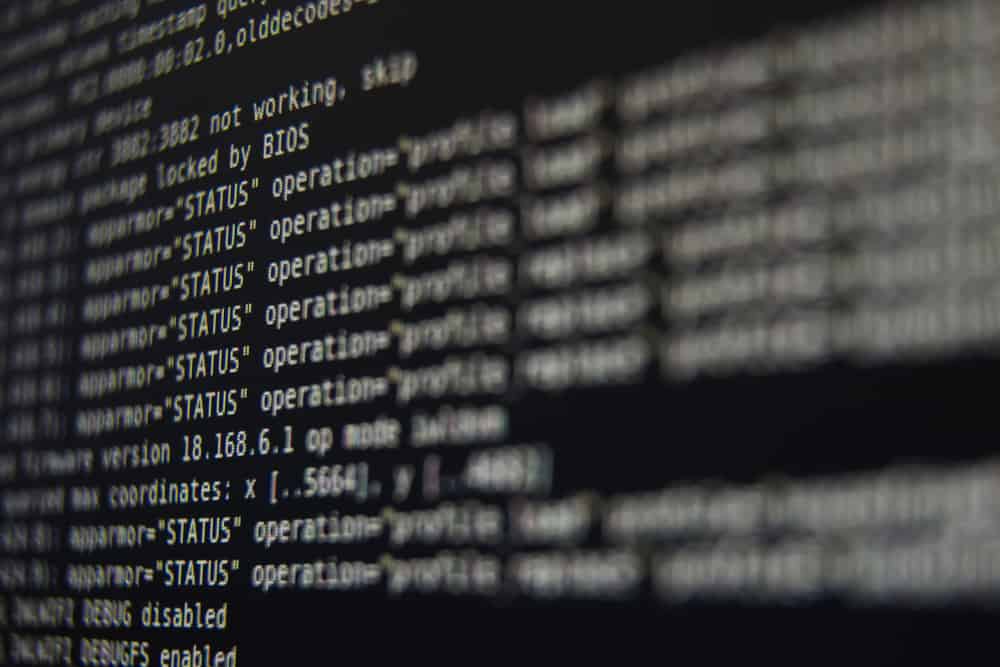
In this article, we will explore how to fix the “ModuleNotFoundError: No module named ‘distutils.util'” error in Ubuntu. This error typically occurs after an update to Ubuntu 20.04 or when working with different Python versions. We will provide a step-by-step guide to various solutions that can help resolve this issue.
Understanding the Error
The “ModuleNotFoundError: No module named ‘distutils.util'” error is usually triggered when the Python interpreter fails to locate the ‘distutils.util’ module. This module is a part of the standard library in Python and is often used for packaging Python modules, distribution, installation, and more. The error can occur due to a variety of reasons, such as missing packages, incorrect Python version, or issues with the virtual environment.
Solution 1: Installing Required Packages
The first step is to ensure that the required packages are installed. You can do this by running the following commands in your terminal:
sudo apt-get install python3-distutils
sudo apt-get install python3-aptThe sudo command is used to run operations that require root privileges. The apt-get install command is used to install new packages. python3-distutils and python3-apt are the packages that we are trying to install.
If the packages are already installed, you can try to fix any issues with the upgrade by running:
sudo apt-get install --reinstall package-nameIn this command, --reinstall is used to reinstall the package.
Solution 2: Installing Corresponding Distutils Package
If you have upgraded to a different Python version, such as Python 3.7 or Python 3.8, you may need to install the corresponding distutils package. For example:
sudo apt-get install python3.7-distutilsor
sudo apt-get install python3.8-distutilsHere, python3.7-distutils and python3.8-distutils are the respective distutils packages for Python 3.7 and Python 3.8.
Solution 3: Copying Distutils Package
If the above solutions don’t work, you can try copying the distutils package from a different Python version to the version you are using. For example:
sudo cp -r /usr/lib/python3.8/distutils /usr/lib/python3.7/The cp command is used to copy files or directories, -r is used to copy directories recursively, and /usr/lib/python3.8/distutils and /usr/lib/python3.7/ are the source and destination paths, respectively.
Note: This solution is not recommended as it can be fragile and may cause issues in the future. It’s better to properly install the respective python3.x-distutils package.
Solution 4: Recreating the Virtual Environment
If you are using a virtual environment, try recreating the virtual environment by removing the existing one and creating a new one. For example:
rm -r venv
python3 -m venv venv
source ./venv/bin/activate
pip3 install -r requirements.txtHere, rm -r venv is used to remove the existing virtual environment. python3 -m venv venv is used to create a new virtual environment. source ./venv/bin/activate is used to activate the virtual environment, and pip3 install -r requirements.txt is used to install the required packages from the requirements.txt file.
Solution 5: Changing the Default Python Binary
In some cases, changing the default Python binary to a newer version can resolve the issue. For example:
sudo unlink /usr/bin/python
sudo ln -s /usr/bin/python3.8 /usr/bin/pythonThe unlink command is used to remove the symbolic link. The ln -s command is used to create a new symbolic link. /usr/bin/python3.8 and /usr/bin/python are the source and destination paths, respectively.
Note: This solution may not be recommended in all cases and should be used with caution.
Conclusion
This article has provided a comprehensive guide on how to fix the “ModuleNotFoundError: No module named ‘distutils.util'” error in Ubuntu. The solutions range from installing the required packages, installing the corresponding distutils package, copying the distutils package, recreating the virtual environment, and changing the default Python binary. We hope this guide has been helpful in resolving your issue. Remember to replace the version numbers (e.g., python3.7, python3.8) with the appropriate version you are using.
The distutils.util module in Python is used for packaging Python modules, distribution, installation, and other related tasks.
The "ModuleNotFoundError: No module named ‘distutils.util’" error occurs when the Python interpreter fails to locate the ‘distutils.util’ module. This can happen due to missing packages, incorrect Python version, or issues with the virtual environment.
These solutions are specifically targeted for Ubuntu, but some of them may work for other Linux distributions as well. However, it’s always recommended to refer to the documentation or community support specific to your distribution for accurate instructions.
While these solutions can help resolve the "ModuleNotFoundError: No module named ‘distutils.util’" error, it’s important to note that some solutions, such as copying the distutils package or changing the default Python binary, may have potential risks and can cause issues in the future. It’s always recommended to follow best practices and properly install the necessary packages or dependencies to avoid any unforeseen problems.







